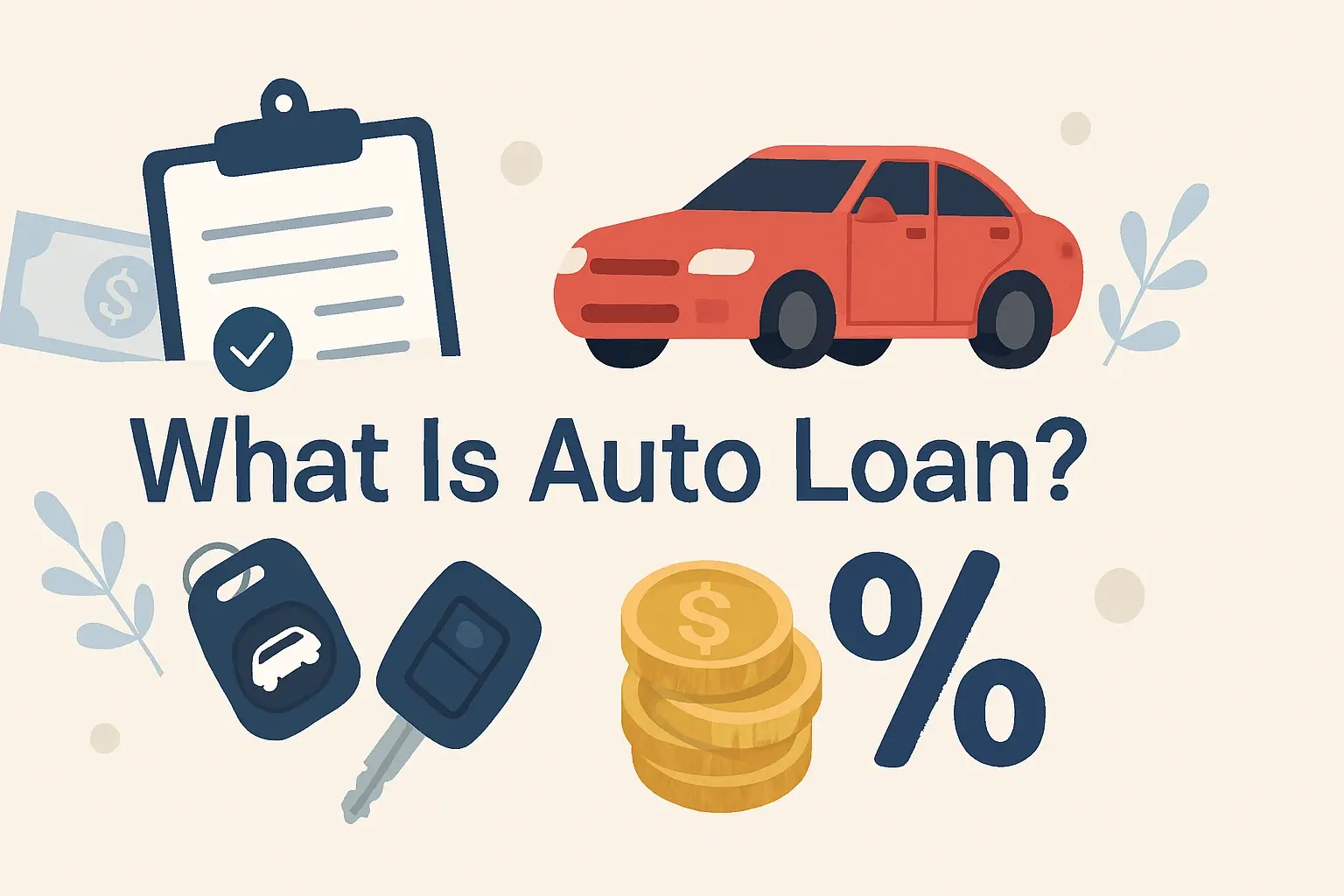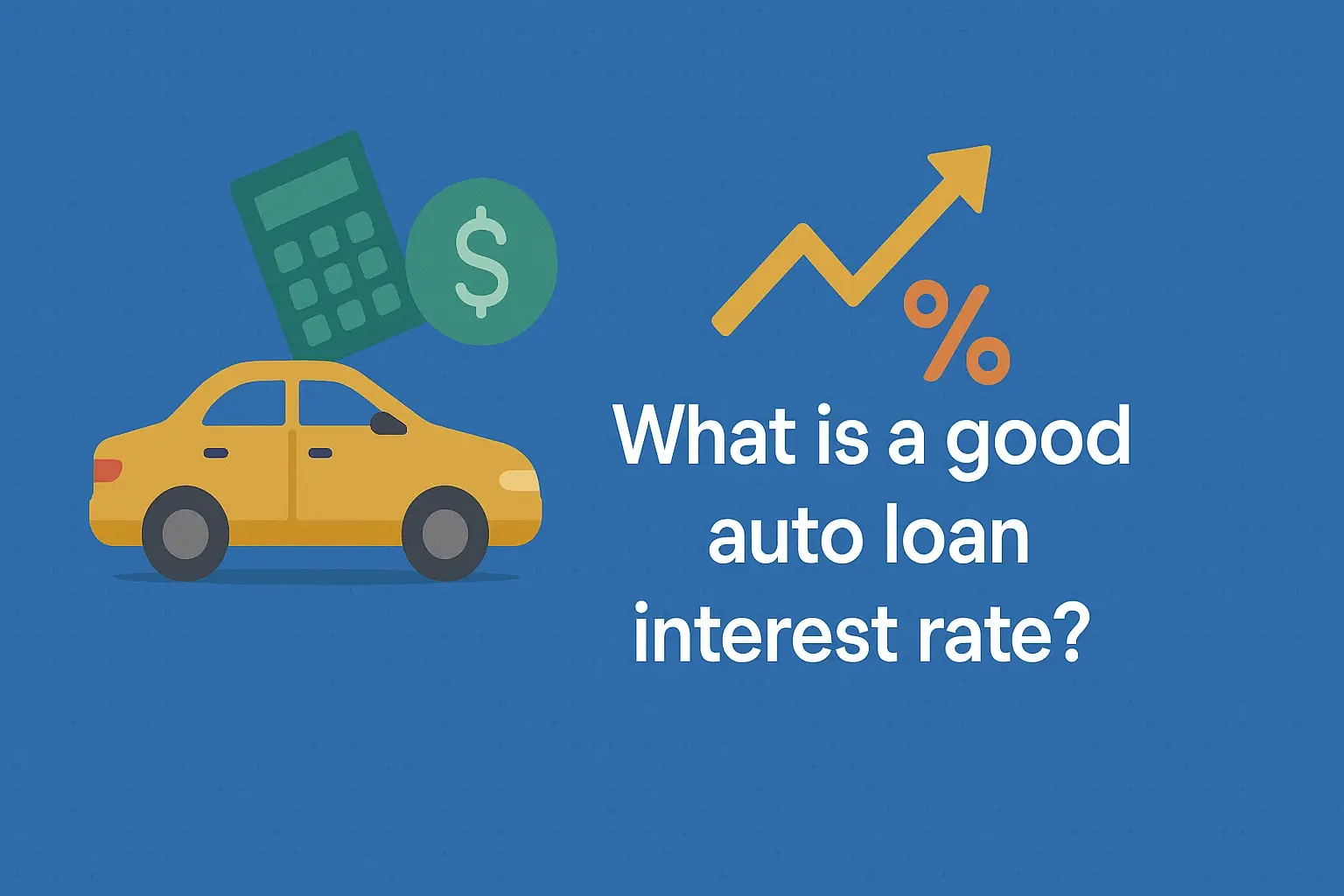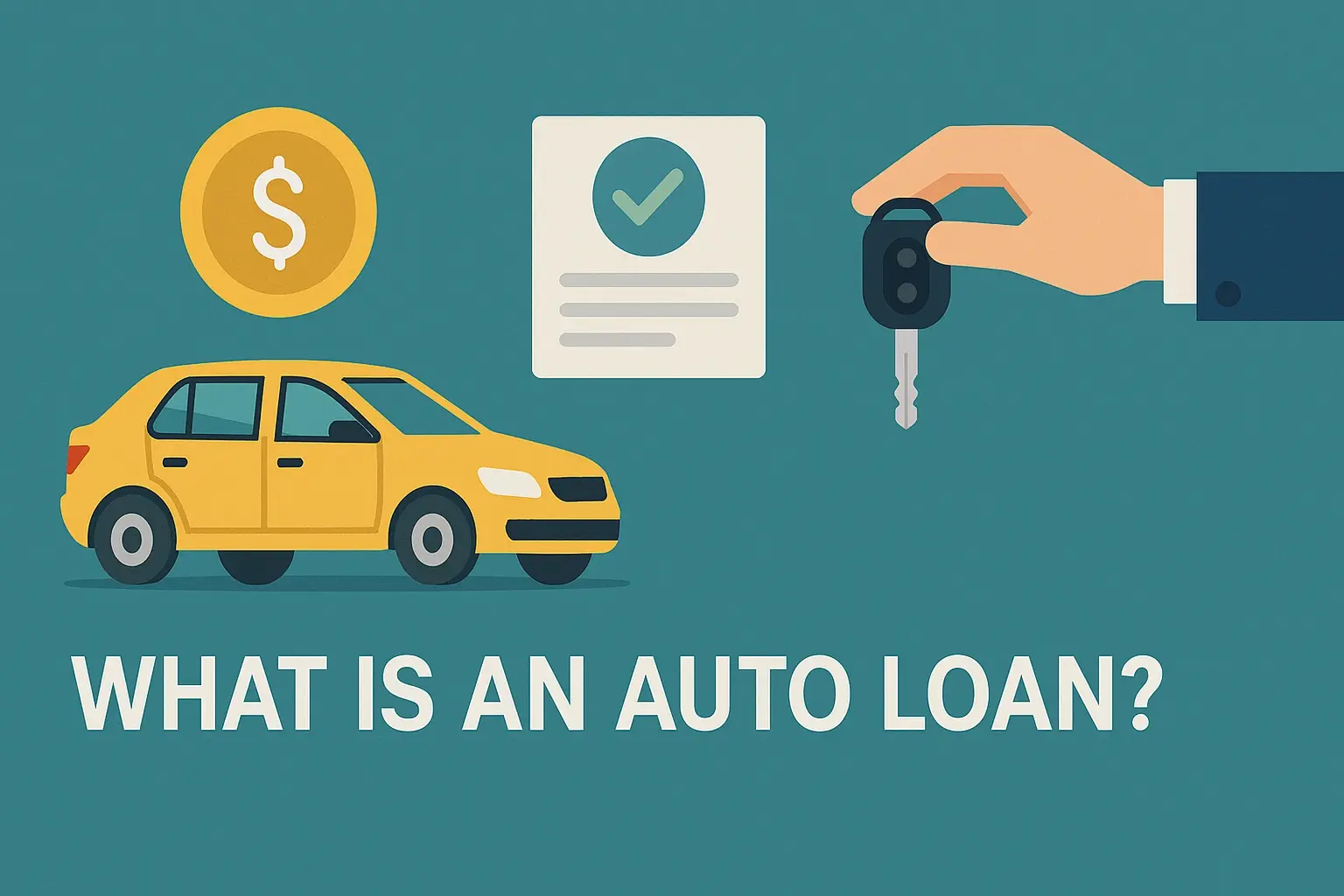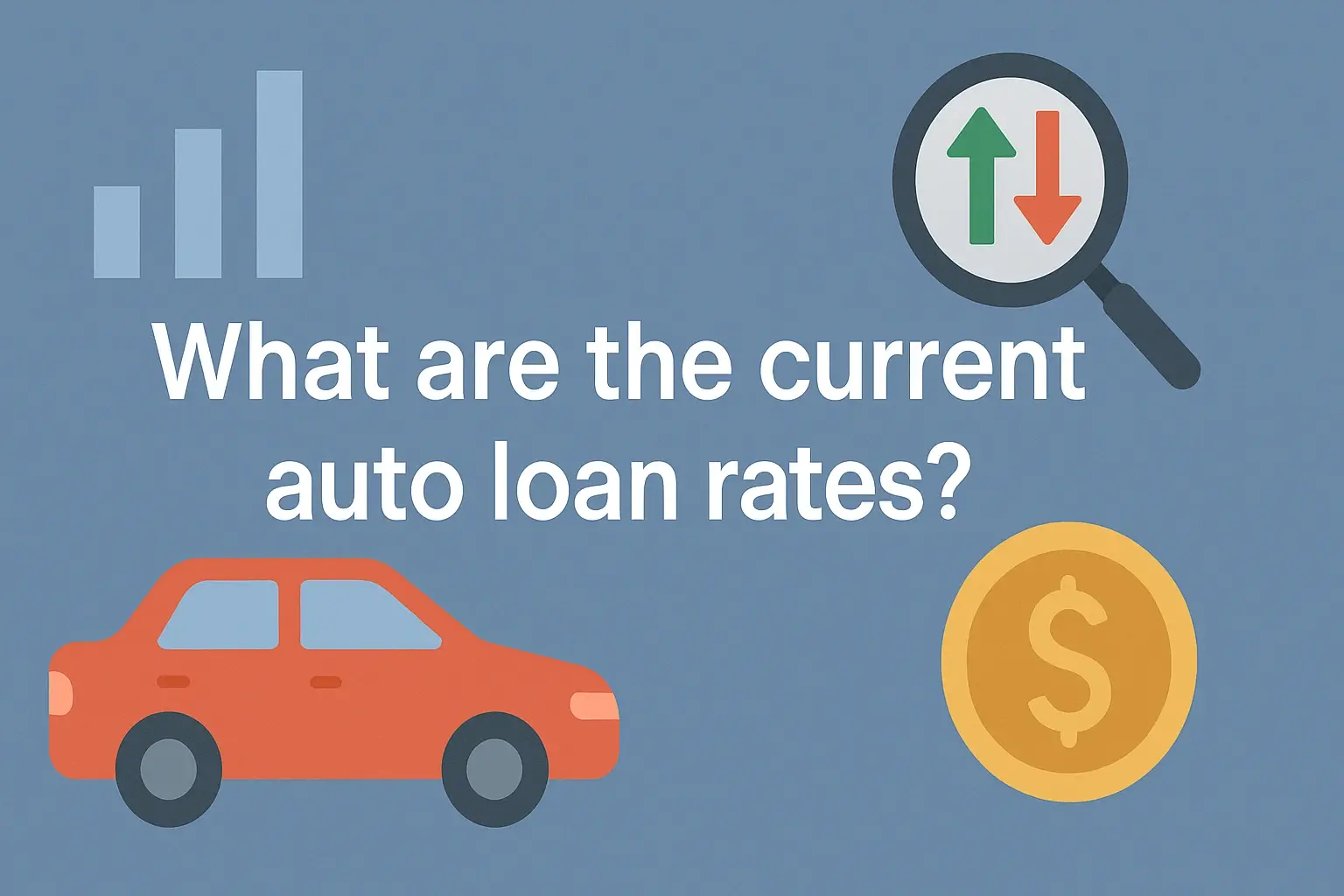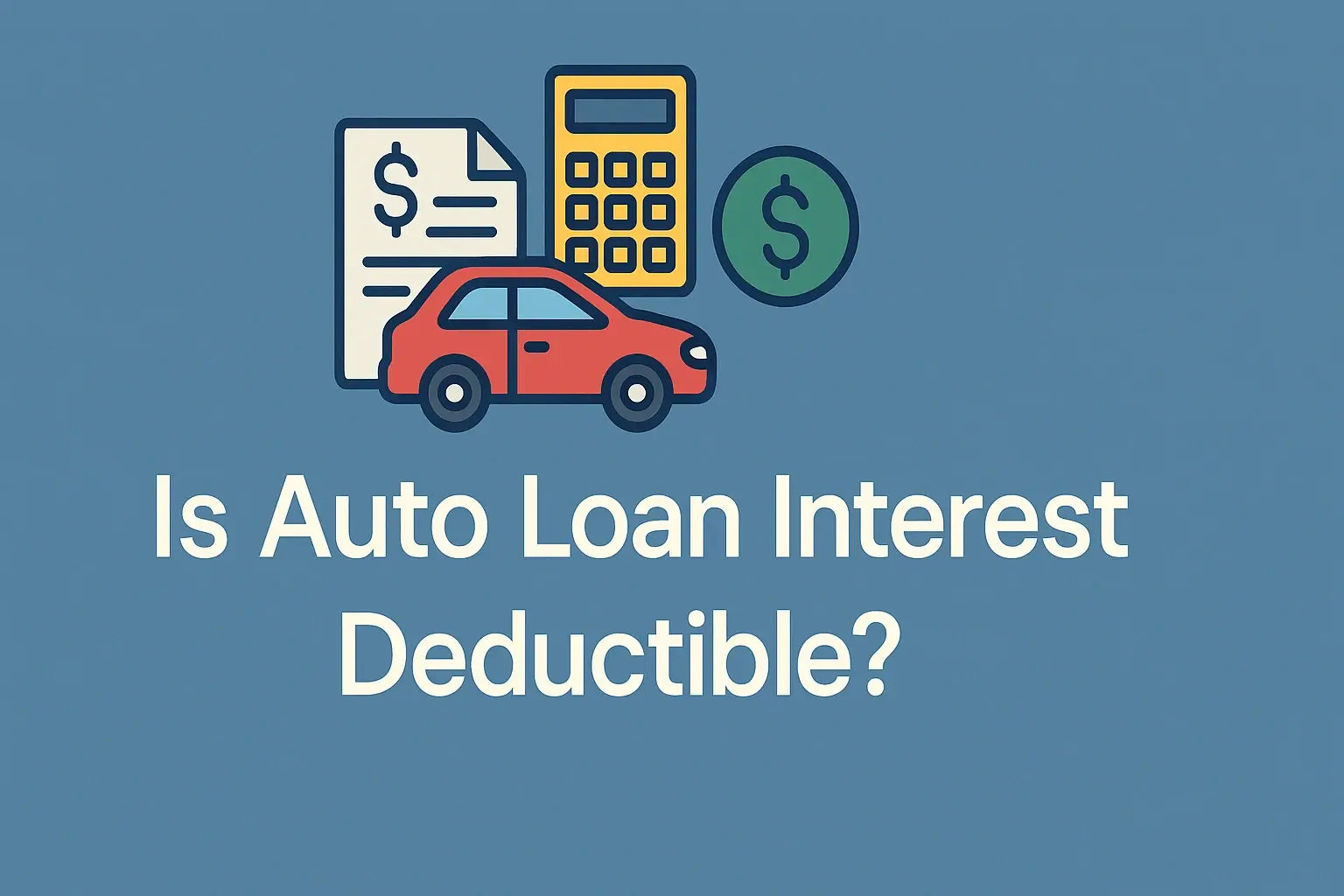-
Posted on: 26 Jul 2024

-
The dream of owning a home is a powerful one. However, for many, a less-than-perfect credit score can feel like a significant obstacle. If you're wondering, "Can I get a house with a 500 credit score?", the answer isn't a simple yes or no. While it's challenging, it's not impossible. This comprehensive guide will explore your options, the challenges you'll face, and the steps you can take to increase your chances of becoming a homeowner.
Understanding Credit Scores and Mortgage Approval
Your credit score is a three-digit number that reflects your creditworthiness. It's based on your credit history, including your payment history, amounts owed, length of credit history, credit mix, and new credit. Lenders use your credit score to assess the risk of lending you money.
Generally, a credit score of 700 or higher is considered good, and a score of 750 or higher is excellent. These scores typically qualify you for the best mortgage rates and terms. A score between 620 and 699 is considered fair, while a score below 620 is considered poor or bad.
Why a 500 Credit Score Makes Homeownership Difficult
A 500 credit score falls into the "poor" or "bad" credit category. This signifies to lenders that you have a higher risk of defaulting on your loan. Consequently, you'll likely face several challenges:
- Higher Interest Rates: Lenders compensate for the increased risk by charging higher interest rates, significantly increasing the total cost of your home.
- Difficulty Getting Approved: Many traditional lenders have minimum credit score requirements, often above 620. Getting approved with a 500 credit score can be difficult, if not impossible, with conventional loans.
- Larger Down Payment: You may be required to put down a larger down payment to offset the perceived risk.
- Stricter Loan Terms: Lenders may impose stricter loan terms, such as shorter repayment periods or additional fees.
Mortgage Options with a 500 Credit Score
Despite the challenges, there are still potential mortgage options available to you with a 500 credit score. These often involve government-backed loan programs designed to help individuals with lower credit scores achieve homeownership.
FHA Loans
FHA loans are insured by the Federal Housing Administration (FHA). They are a popular option for first-time homebuyers and those with less-than-perfect credit. While the official minimum credit score requirement for an FHA loan is 500, this typically requires a 10% down payment. If you have a credit score of 580 or higher, you may be eligible for a lower down payment of 3.5%.
Key Features of FHA Loans:
- Lower Credit Score Requirements: As mentioned, a score as low as 500 may be acceptable with a larger down payment.
- Lower Down Payment Option: 3.5% down payment is possible with a credit score of 580 or higher.
- More Flexible Debt-to-Income Ratio (DTI): FHA loans often have more lenient DTI requirements compared to conventional loans.
- Mortgage Insurance Premium (MIP): FHA loans require both an upfront and annual mortgage insurance premium, which adds to the overall cost of the loan.
Even with an FHA loan, a 500 credit score will still result in a higher interest rate. It’s crucial to shop around and compare offers from different FHA-approved lenders.
VA Loans
VA loans are guaranteed by the U.S. Department of Veterans Affairs (VA) and are available to eligible veterans, active-duty service members, and surviving spouses. VA loans are known for their favorable terms and benefits.
Key Features of VA Loans:
- No Down Payment Required: In many cases, VA loans do not require a down payment.
- No Private Mortgage Insurance (PMI): VA loans do not require PMI, which can save you money each month.
- Lower Interest Rates: VA loans often have lower interest rates than conventional loans.
- Flexible Credit Score Requirements: While the VA doesn't set a minimum credit score, lenders typically look for a score of 620 or higher. However, some lenders may be willing to work with borrowers with lower scores on a case-by-case basis, especially if they have a strong overall financial profile.
While officially there isn't a minimum credit score set by the VA, finding a lender willing to approve a VA loan with a 500 credit score might prove difficult. It requires diligent research and perhaps seeking out lenders specializing in higher-risk borrowers.
USDA Loans
USDA loans are guaranteed by the U.S. Department of Agriculture (USDA) and are designed to help low- to moderate-income individuals purchase homes in eligible rural areas. However, "rural" can include suburban areas just outside major cities. Check the USDA website to see if a property qualifies.
Key Features of USDA Loans:
- No Down Payment Required: USDA loans generally do not require a down payment.
- Low Interest Rates: USDA loans typically have competitive interest rates.
- Income Limits: USDA loans have income limits, which vary by location.
- Geographic Restrictions: The property must be located in an eligible rural area.
- Credit Score Requirements: While the USDA doesn't set a minimum credit score, lenders typically look for a score of 620 or higher. Again, securing a USDA loan with a 500 credit score would be challenging.
The USDA loan program focuses on supporting rural communities. Eligibility is determined by location and income limits. Like VA loans, a 500 credit score is below what most lenders will accept.
Non-Qualified Mortgages (Non-QM Loans)
Non-QM loans are mortgages that don't meet the strict requirements of Qualified Mortgages (QM), which were established after the 2008 financial crisis to prevent predatory lending. Non-QM loans offer more flexibility in terms of underwriting criteria, which can be beneficial for borrowers with lower credit scores or non-traditional income sources.
Key Features of Non-QM Loans:
- More Flexible Underwriting: Lenders may consider factors beyond just your credit score, such as your ability to repay the loan based on your income and assets.
- Higher Interest Rates and Fees: Due to the increased risk, Non-QM loans typically come with higher interest rates and fees than QM loans.
- Potential for Higher Down Payments: Lenders may require a larger down payment to offset the perceived risk.
While Non-QM loans can be an option with a 500 credit score, proceed with extreme caution. The higher costs and potential for stricter terms make them a less desirable choice unless other options are unavailable. Thoroughly understand the loan terms and ensure you can comfortably afford the payments.
Seller Financing
Seller financing, also known as owner financing, is when the seller of the property acts as the lender. This can be a viable option for borrowers who have difficulty obtaining traditional financing.
Key Features of Seller Financing:
- Negotiable Terms: The terms of the loan, including the interest rate, down payment, and repayment schedule, are negotiable between the buyer and seller.
- More Flexible Credit Requirements: Sellers may be more willing to overlook a low credit score if they believe the buyer is otherwise creditworthy.
- Higher Interest Rates: Sellers may charge higher interest rates to compensate for the increased risk.
- Potential for Shorter Loan Terms: Seller financing often involves shorter loan terms, requiring the buyer to refinance with a traditional lender after a few years.
Finding a seller willing to finance a home purchase can be challenging, but it can be a worthwhile option if you're having trouble qualifying for other types of loans. It requires building a relationship with the seller and demonstrating your ability to repay the loan.
Steps to Take Before Applying for a Mortgage with a 500 Credit Score
Even with the options available, applying for a mortgage with a 500 credit score requires careful planning and preparation. Here are some crucial steps to take:
1. Check Your Credit Report
Obtain a copy of your credit report from all three major credit bureaus (Equifax, Experian, and TransUnion) at www.annualcreditreport.com. Review your credit report carefully for any errors or inaccuracies. Disputing and correcting errors can improve your credit score.
2. Identify and Address Negative Items
Pay close attention to negative items on your credit report, such as late payments, collections, and charge-offs. Develop a plan to address these issues. This may involve paying off outstanding debts, negotiating payment plans with creditors, or disputing inaccurate information.
3. Save for a Larger Down Payment
A larger down payment can significantly increase your chances of getting approved for a mortgage and may also help you secure a lower interest rate. Aim to save as much as possible for your down payment.
4. Reduce Your Debt-to-Income Ratio (DTI)
Your DTI is the percentage of your gross monthly income that goes towards debt payments. Lenders prefer a lower DTI. Reduce your DTI by paying off debt, such as credit card balances or car loans.
5. Gather Documentation
Be prepared to provide lenders with documentation to support your loan application, including proof of income (pay stubs, tax returns), bank statements, and other relevant financial information.
6. Shop Around for Lenders
Don't settle for the first offer you receive. Shop around and compare offers from different lenders. Pay attention to interest rates, fees, and loan terms. Even small differences in interest rates can have a significant impact on the total cost of your loan.
Improving Your Credit Score for Future Homeownership
While it's possible to buy a home with a 500 credit score, improving your credit score will significantly expand your options and save you money in the long run. Here are some strategies to improve your credit score:
1. Make On-Time Payments
Payment history is the most important factor in determining your credit score. Make all your payments on time, every time. Consider setting up automatic payments to avoid missing due dates.
2. Reduce Credit Card Balances
Aim to keep your credit card balances below 30% of your credit limit. Lower credit utilization can significantly boost your credit score.
3. Avoid Opening Too Many New Accounts
Opening too many new credit accounts in a short period of time can lower your credit score. Avoid applying for new credit unless you truly need it.
4. Become an Authorized User
Ask a trusted friend or family member with good credit to add you as an authorized user on their credit card. This can help you build credit history, even if you don't use the card.
5. Consider a Secured Credit Card
A secured credit card requires you to make a security deposit, which serves as your credit limit. Using a secured credit card responsibly can help you rebuild your credit.
6. Monitor Your Credit Regularly
Continue to monitor your credit report regularly to identify any errors or signs of identity theft. Addressing issues promptly can prevent them from negatively impacting your credit score.
The Importance of Financial Counseling
Before making any decisions about buying a home, consider seeking guidance from a qualified financial counselor. A financial counselor can help you assess your financial situation, develop a budget, and create a plan to achieve your homeownership goals.
Weighing the Pros and Cons
Buying a home with a 500 credit score is a significant decision with potential risks and rewards. Carefully weigh the pros and cons before proceeding:
Pros:
- Homeownership: Achieving the dream of owning your own home.
- Potential for Appreciation: Homes can appreciate in value over time.
- Tax Benefits: Homeowners may be eligible for certain tax deductions.
- Stability: Owning a home can provide a sense of stability and security.
Cons:
- Higher Interest Rates: Paying higher interest rates can significantly increase the total cost of your home.
- Potential for Foreclosure: Defaulting on your mortgage can result in foreclosure.
- Maintenance Costs: Homeowners are responsible for all maintenance and repair costs.
- Limited Mobility: Selling a home can be more complex than renting.







